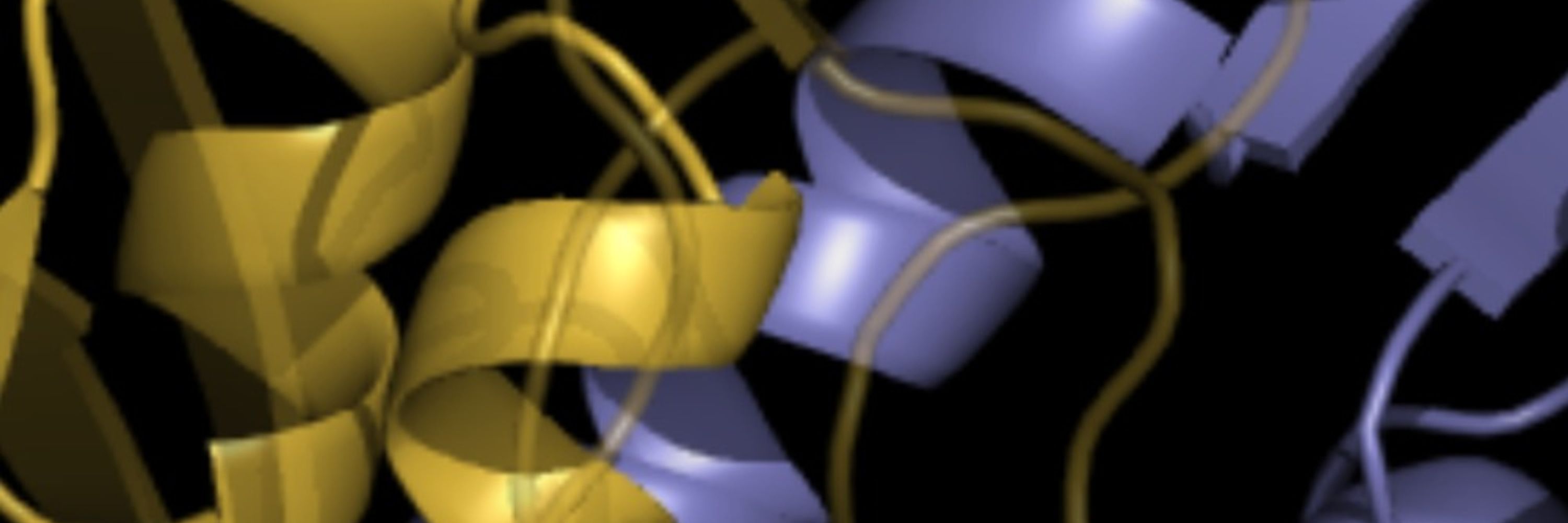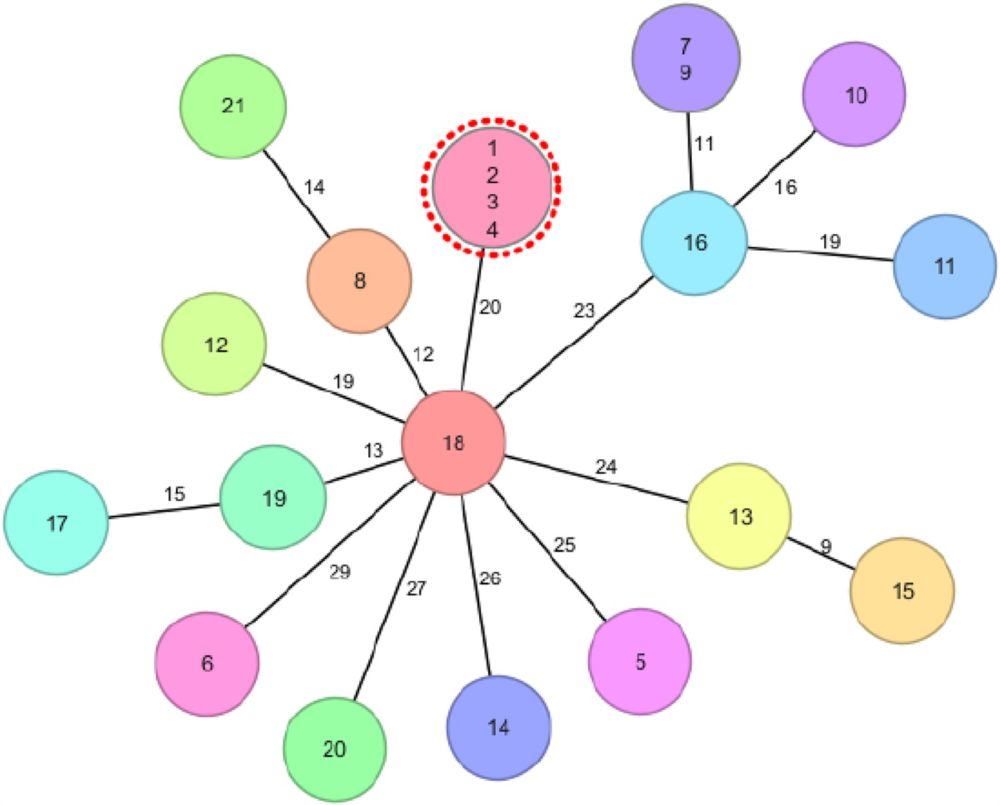Prof Paula Salgado
@pssalgado.bsky.social
2.2K followers
840 following
260 posts
Structural Microbiologist studies molecular details of C. difficile at Newcastle University, UK. (she/her) Interested in science, politics, theatre, and so much more. Views my own. https://salgadolab.org/
Posts
Media
Videos
Starter Packs
Reposted by Prof Paula Salgado
Reposted by Prof Paula Salgado
Reposted by Prof Paula Salgado
Reposted by Prof Paula Salgado
Reposted by Prof Paula Salgado
Reposted by Prof Paula Salgado
Reposted by Prof Paula Salgado
Reposted by Prof Paula Salgado
Reposted by Prof Paula Salgado
Reposted by Prof Paula Salgado
Reposted by Prof Paula Salgado
Reposted by Prof Paula Salgado
Reposted by Prof Paula Salgado
Reposted by Prof Paula Salgado
Reposted by Prof Paula Salgado
Reposted by Prof Paula Salgado
Reposted by Prof Paula Salgado
Reposted by Prof Paula Salgado
Reposted by Prof Paula Salgado
Reposted by Prof Paula Salgado




















